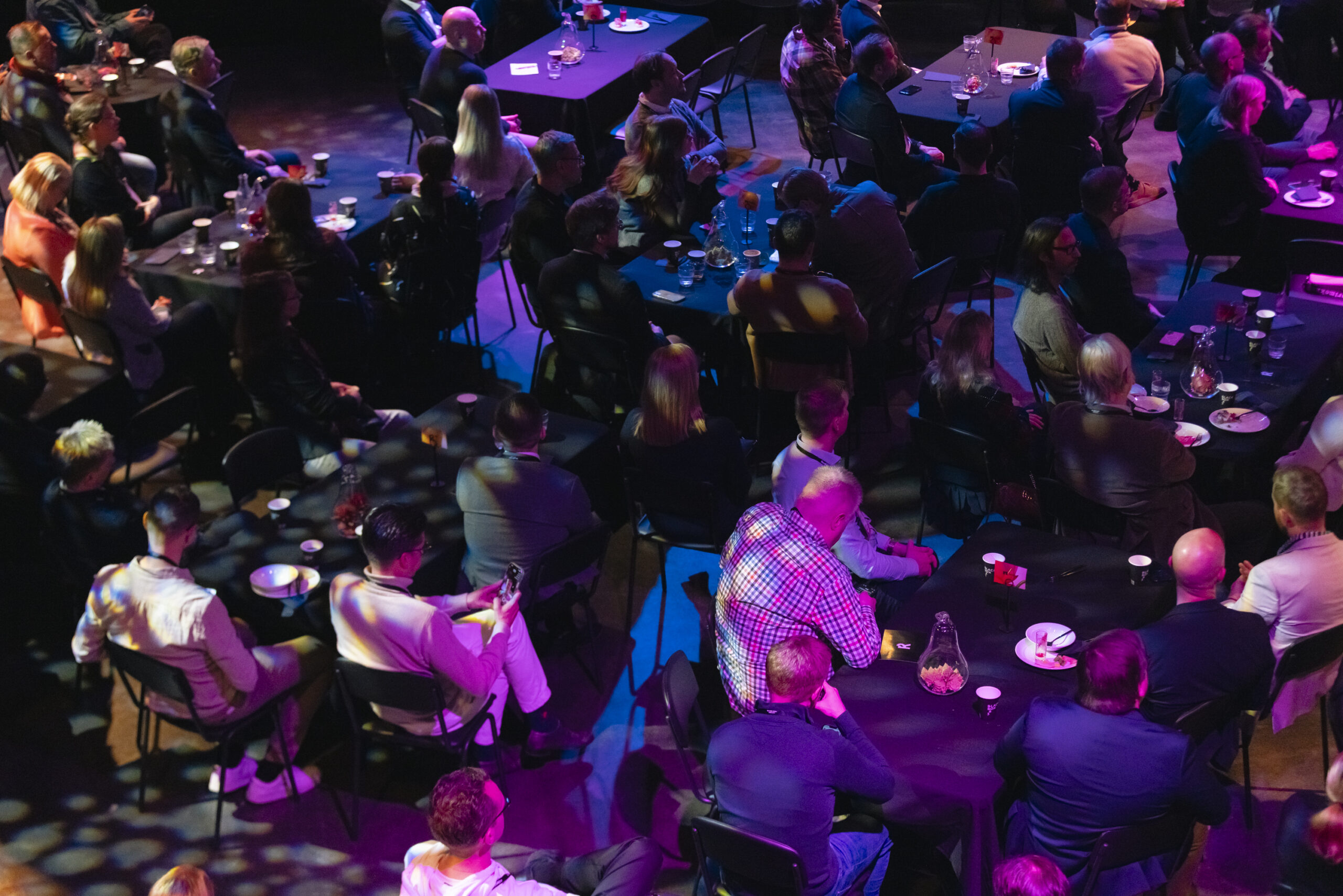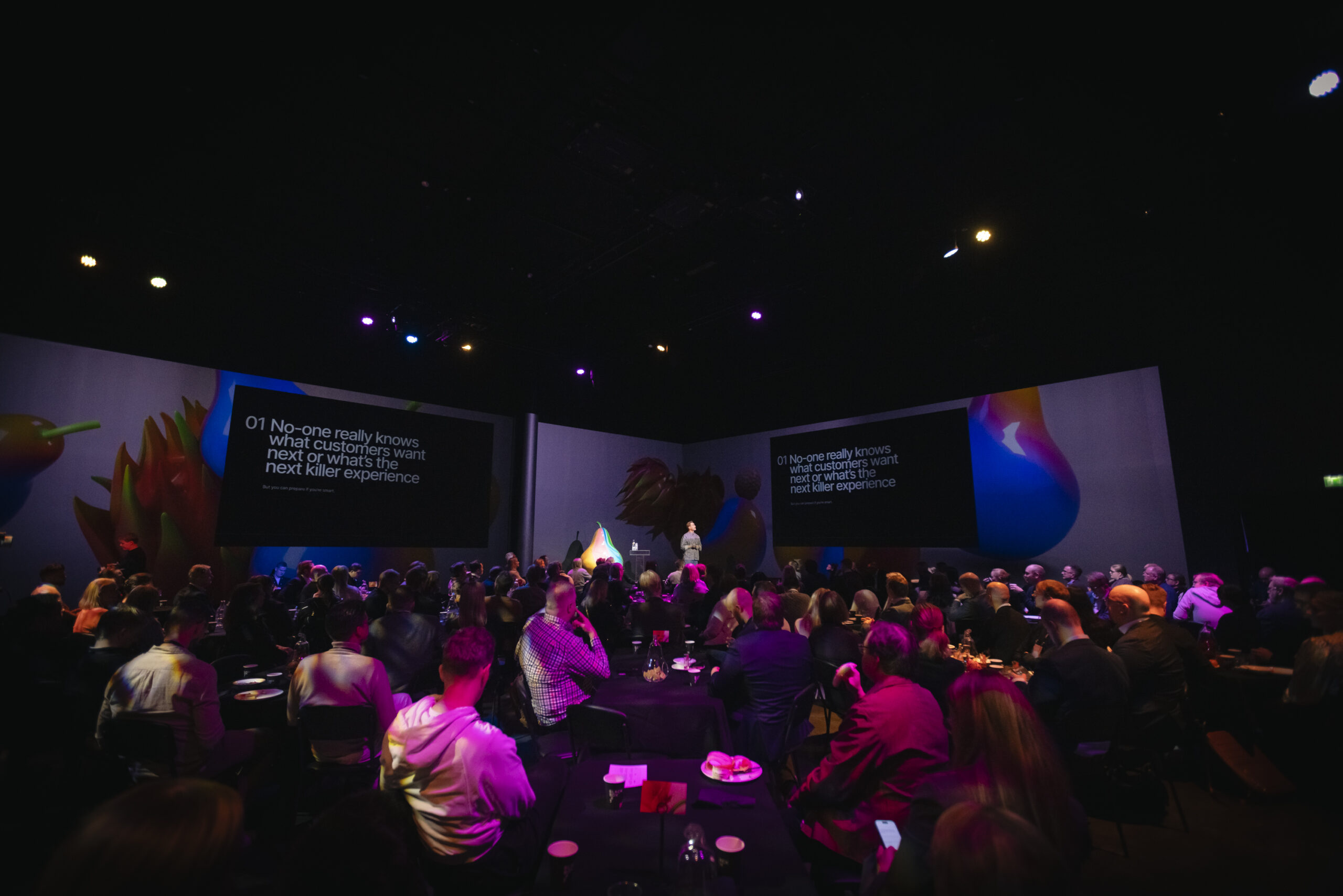Article
Being clueless and nailing it - Harvest 2025 highlights
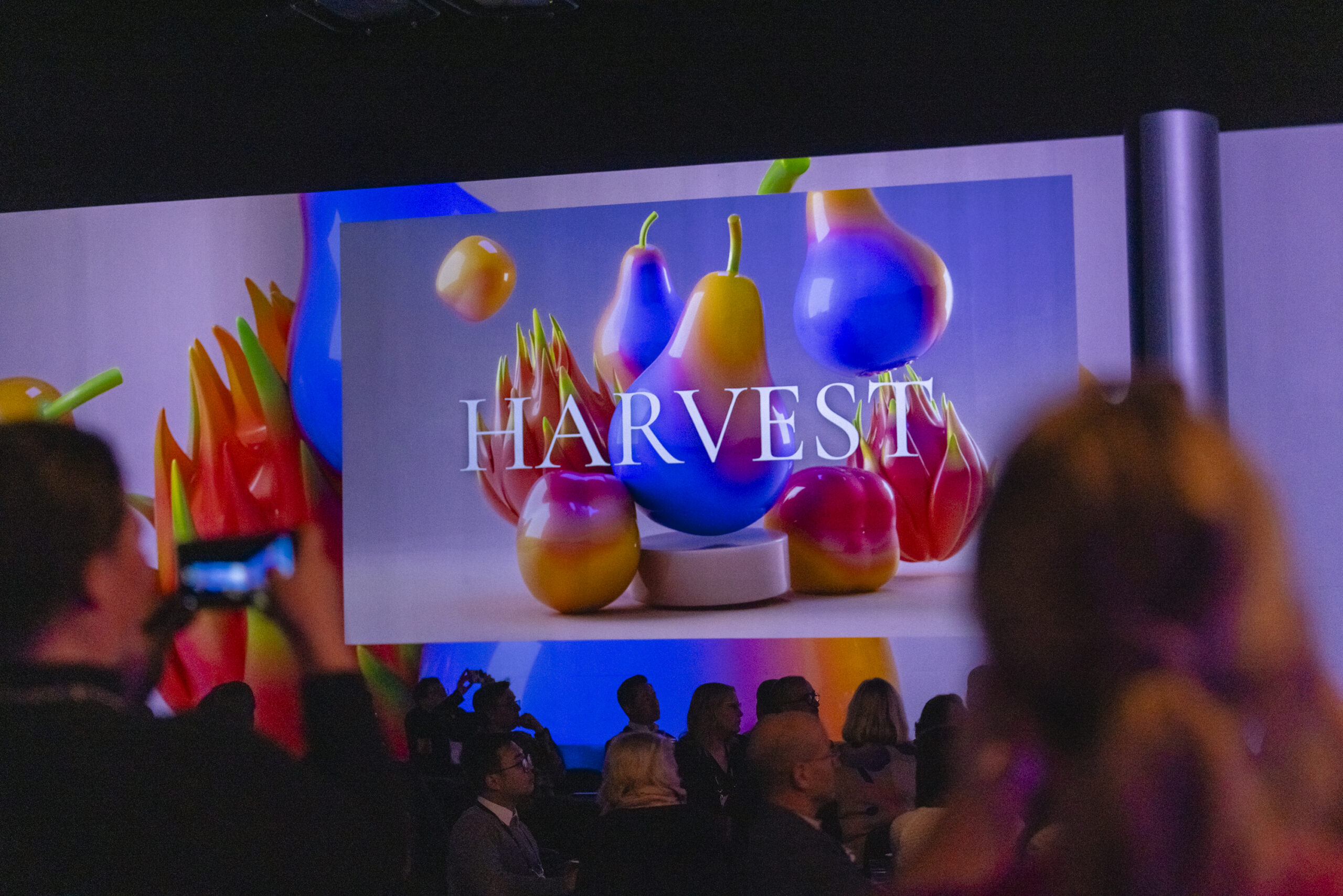
This year’s HARVEST event by the Reaktor Ecosystem focused on the theme “Thriving in uncertainty.” The speakers offered practical tools and stories about building organizations that don’t just survive rapid change, but actually benefit from it.
It’s a relevant topic for many companies. The past few years have been full of turmoil, and even if we all hope for fewer global crises ahead, every organization should be thinking about how well it can adapt when the future is unknown and uncertain. As the age-old saying goes: change is the only constant, in business and in life.
Getting comfortable with uncertainty
A big part of being successful during uncertainty is being comfortable with it. This is a cultural change that needs to happen on all levels of organization. Creating an organization where people can act, decide, and learn without being afraid of mistakes is critical. Traditionally companies have relied on planning, forecasting, and trying to guess the future. But as Riikka Uimonen from Reaktor Ecosystem put it: certainty is a poor strategy because it is impossible to achieve. If organizations wait until everything is clear, they simply fall behind those who act.
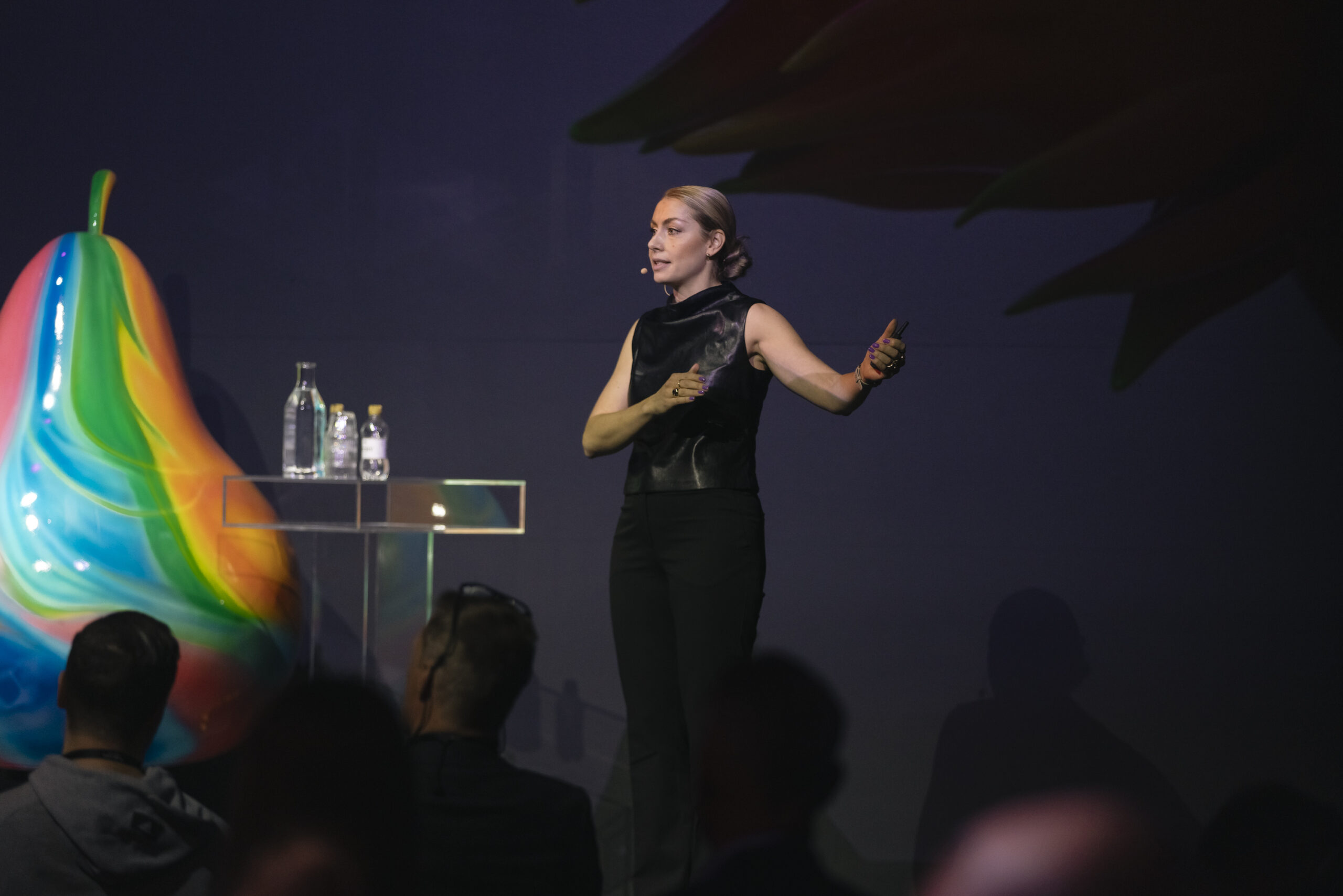
The alternative to waiting for certainty is confidence. Confidence means making decisions with incomplete information and trusting the organization will learn its way forward. Passivity kills improvement. Someone else will always act if you don’t. Becoming paralyzed in the face of uncertainty is the worst thing you can do. Imagine playing poker and betting only on hands that you are >95% sure to win. You are just gonna wither down until you have lost the game.
To thrive in uncertainty:
- Dare to act before everything is known
- Shorten feedback loops
- Keep strategy dynamic and options open
When people know they will be supported rather than blamed, confidence replaces fear. And confidence replaces the illusion of certainty.
Culture of experimentation
When certainty is impossible, the only reliable strategy is learning. And the fastest way to learn is through experimentation. Progress comes from following outcomes, not producing more reports or ideas. Output is not the same as impact.
Many organizations still approach change through committees and slow planning processes, but that is too slow for most industries. Experimentation should belong in the hands of the people closest to the work.
Experimentation also requires the right mindset. As Jarno Kartela said;
“You need to have (semi) crazy people.”
People who are excited, curious, and willing to try new things. Organizations that reward safe, incremental improvement end up doing more and more mediocre things. Organizations that reward learning discover what actually works.
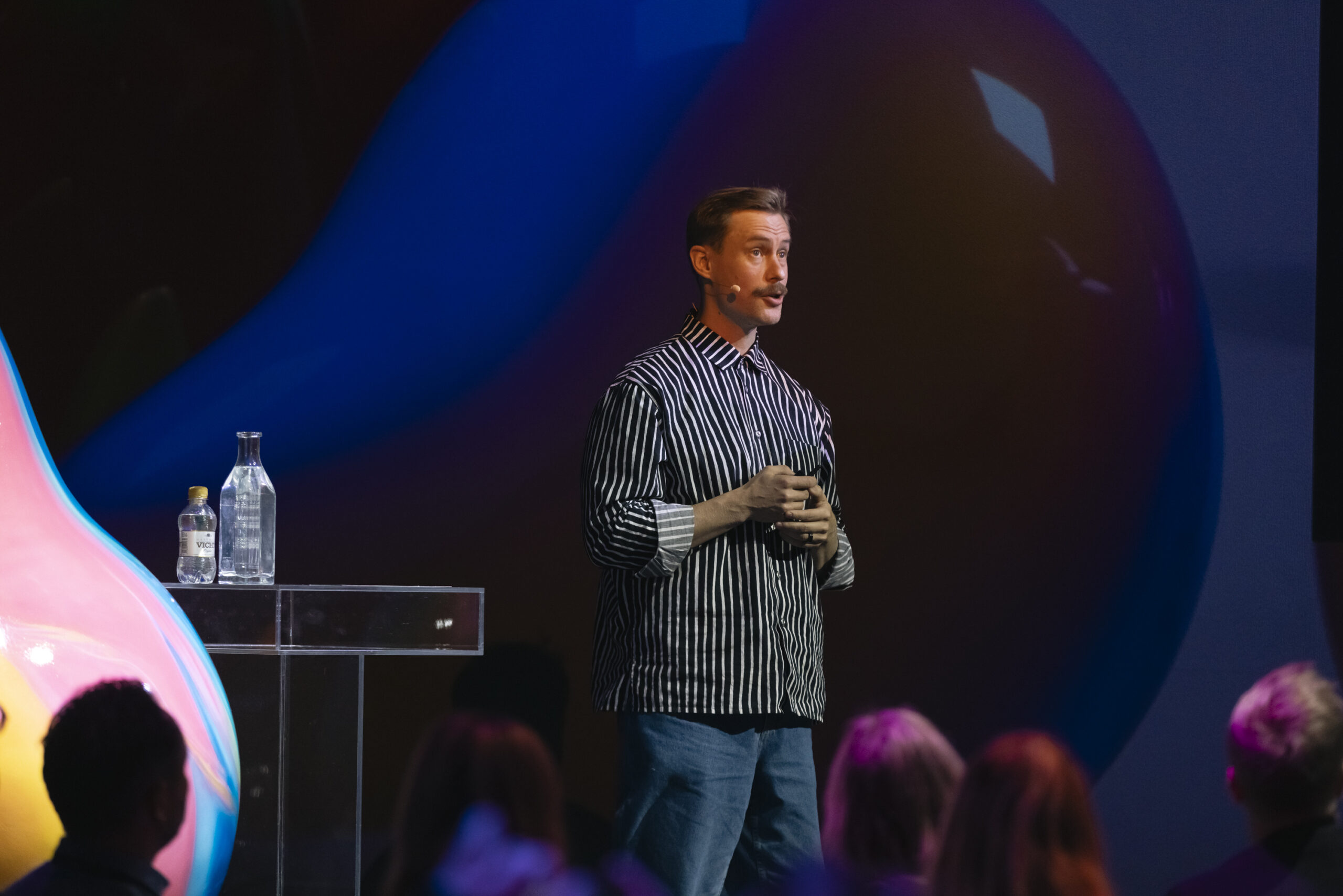
Kartela also reminded us that most experiments are expected to fail. That’s not an issue. That is expected. Cheap, fast experiments reduce risk and reveal value early. The goal isn’t perfection, it’s learning. When something works, we do more of it. When it doesn’t, we’ve learned quickly and moved on.
Reaktor’s Pekka Horo illustrated this well with a simple example: even the best tennis players in the world win just over half of their points. Success isn’t about perfection, it’s about consistency and resilience. Top performers are comfortable being uncomfortable. And this is what organizations need to learn.
To do:
- Create an environment where experimenting is easy and natural
- Expect failures and celebrate those
- Focus on outcomes not throughput
Thriving companies don’t assume they know what works. They test, measure, and adapt. And because they learn faster than others, they win — even when the world keeps changing.
I personally loved Jarno Kartela’s reference to Nassim Taleb’s Antifragile. Highly recommended reading, as is Taleb’s entire Incerto series. I’m not sure if we have truly antifragile organizations yet, organizations that benefit from shocks. But if one did exist, some of the building blocks are clear: the ability to act in uncertainty, learn quickly, and experiment continuously.
